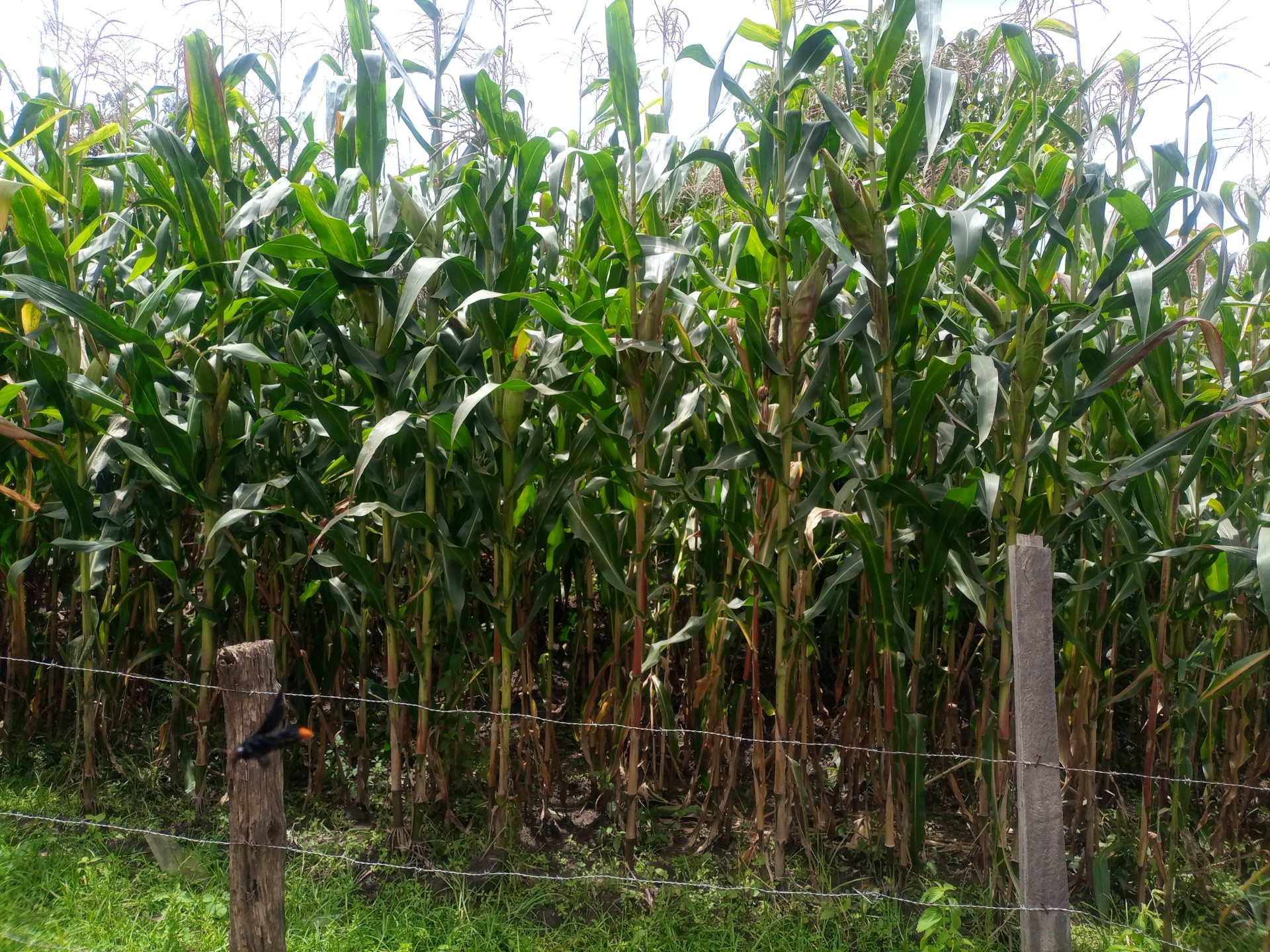Indigenous seeds and food have been said to present great value in adapting to changing weather patterns, varied soil types, temperature, pressure, clouds, wind, humidity and rainfall.
African Biodiversity Network (ABN) General Coordinator, Dr Fassil Gabeyehu, said indigenous seeds present great value in that they are able to withstand the challenges and hold the key to ending the ongoing drought in the horn of Africa region.
He was speaking in Nairobi on Tuesday during a press briefing on the planned National Indigenous Seed and Food Culture Harvest fair as a build up towards the World Food Day to be celebrated nationally in Kajiado County.
Gabeyehu said that indigenous seeds are seeds that have been grown, selected and managed by local communities through several generations and are naturally adapted through an influence from local environmental factors in their growing environments.
He further said that indigenous seeds and food are resilient and that they are diverse in character and occur in several different forms. “These seeds and food are also resilient to threats arising from pests, disease and human interventions and are heterogeneous and polymorphic,” added Gabeyehu.
Participatory Ecological Land Use Management (PELUM) Country Coordinator of Kenya Rosinah Mbenya, announced the launch of the first National Indigenous Seed and Food Culture Harvest Fair and the location of the event during the briefing in Nairobi.
“The National Indigenous Seed and Food Culture Harvest Fair, a disclosure to the fervent need to recognize that food production is an economical and socio ecological function that links people with nature will kick off tomorrow on 12th October, 2022 at the National Museums of Kenya, Nairobi and will continue until 14th as a precursor to the World Food Day celebrations on 16th October, 2022,” said Mbenya.
Mbenya highlighted that there are numerous benefits gained when indigenous seeds and foods are promoted and supported.
“Promoting and supporting indigenous seeds and food assures sustainability of not only our food sufficiency but also an integral life support system that provides life and food-secure future thereby reducing poverty, enhancing food and nutrition security, besides improving natural resources and life in harmony with nature,” stated Mbenya.
She further noted that the National Indigenous Seed and Food Culture Harvest Fair showcases the county’s bountiful inheritance of genetic resources.
“The National Indigenous Seed and Food Culture Harvest Fair showcases a rich and diverse seed and food culture, which is a measure of the country’s bountiful inheritance of genetic resources, a treasure trove of our traditional knowledge and innovations, which reach out to the current future generations,” reiterated Mbenya.
A member of Biodiversity and Biosafety Association Kenya, Anne Maina listed some actions to be taken in order to support and promote indigenous seed and food systems.
“To fully support and promote our indigenous seed and food system we recommend revitalization of local food production systems traditions at the household level, development of laws to promote and support Farmer Managed Seed Systems (FMSS), promotion of agrobiodiversity and agro ecological practices to enhance livelihoods through food and nutrition security amongst others,” said Maina.
Maina further recognized the stakeholders as the representatives of smallholder farmer groups, civil society groups, Community-Based Organizations(CBOs), Faith-Based Organizations (FBOS) and consumer networks.
“We are the representatives of smallholder farmer groups, civil society groups, Community-Based Organizations (CBOs), Faith-Based Organisations (FBOS) and consumer networks including BIBA Kenya, Inter-Sectoral Forum on Agrobiodiversity and Agro ecology (ISFAA), PELUM Kenya, Seed Savers Network and African Biodiversity Network (ABN),” Maina stated.

